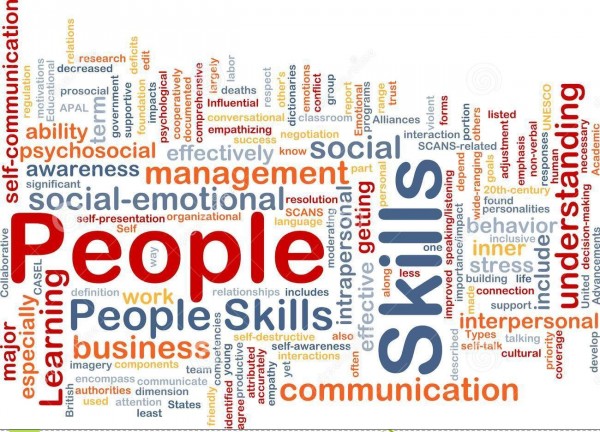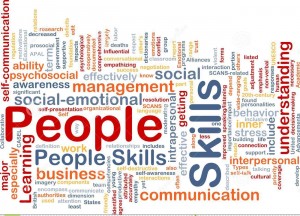Picture this. You get onto a bus and see a gentleman selling health supplements. In an effort to sell his wares, he sparks the interest of his target market by sounding knowledgeable and intelligent about the constituents of his products. His witty and humorous communication style engages the audience and by the time he mentions that he is selling at ‘a one day special reduced rate’, they no longer need convincing. Within a few minutes, he has convinced a bunch of strangers to part with their money.
Alongside ‘knowledge’ of his products (subject specific skills), the gentleman has demonstrated other skills such as: communication, research, literacy, self-awareness, presentation and confidence. A more introspective look at the mentioned skills and you will note that these skills are used in almost every job type or sector including; hospitality, academia, finance, management, media etc. These generic skills are known as transferable skills and differ from subject specialist skills which are specific to a particular profession, the clue in the name being that that these are skills you can ‘transfer’ from one professional field to another.
Transferable skills are skills and abilities that are relevant across different areas of life; professionally as well as socially.
It is important to note that as important as the sales man’s knowledge about the product was, it was his ability to connect with the audience that enabled him succeed in selling his wares. Similarly, your transferable skills set can be the ‘extra’ that differentiates you from other candidates and enables you succeed in getting your dream job.
The good news is that we all already have transferable skills because we start developing them as early as when we are in school. Were you a school prefect? You were already developing leadership and problem solving skills. Were you a part of the debating society? You were already developing communication, team work and research skills.
So what are these skills? The UK transferable skills framework provides the following list;
- Communication
- Teamwork
- Self-management
- Digital (IT)
- Problem solving and decision making
- Planning and organising
- Research and analysing
- Leadership and supervising
- Resilience, adaptability and drive
Now let’s reflect. Which of these skills do you have? Where have you displayed these? Have you highlighted them in your CV?
If no, what are you waiting for?
An awareness and understanding of transferable skills enables one recognise and therefore take opportunities where these skills could be developed. Skill profiles are increasingly being used by employers to identify suitable employees. Graduates come a dime a dozen these days, so make yourself unique by developing an unmatched skills profile.
How can you develop transferable skills? First, identify the gaps between your skill set and what potential employers are looking for. Take every opportunity to utilise these skills both professionally and socially. We learn and develop by doing. Remember this quote from Thomas Edison that ‘opportunity is missed by most people because it is dressed in overalls and looks like work.’
Opportunities to develop key transferable skills.
Communication – Writing articles, reports, dissertations, and minutes of meetings. Giving presentations and lectures, participation in a debating society.
Team work – Membership of a sports team, committee responsible for organising an event, being part of the Student Union, any responsibility that requires team effort.
IT and digital skills – Proficient use of word processing, blogging, data analysis, presentation programmes and use of the internet.
It is essential to take the initiative and start developing transferable skills that you have recognised as being key in your chosen field. Evidence showing how you have utilised transferable skills must be well articulated in your CVs, personal statements as well as in interviews. Experience doesn’t have to be everything!
Success is a process and not a destination so keep working at it. All the best!
About the authors:
Emmanuel Adukwu (@EmmanuelAdukwu) is a University Lecturer, Researcher, and Educational Consultant with experience working in large international organizations. He is interested in creating partnerships and keen on people development.
Amara Anyogu (@amaratweets) is a Research Scientist and Education Consultant providing teaching and learning solutions in Further and Higher Education. She is passionate about seeing people achieve their true potential through education and mentoring. Forget the sky, aim higher!


